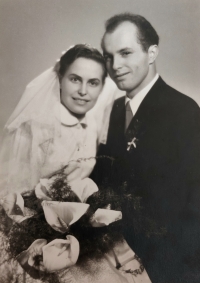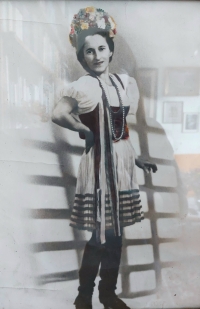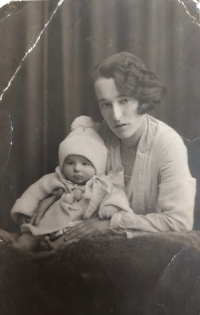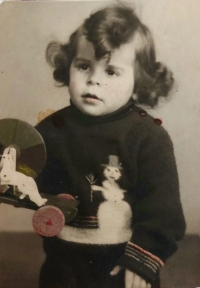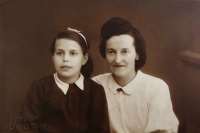My mother was afraid I was going to be deported
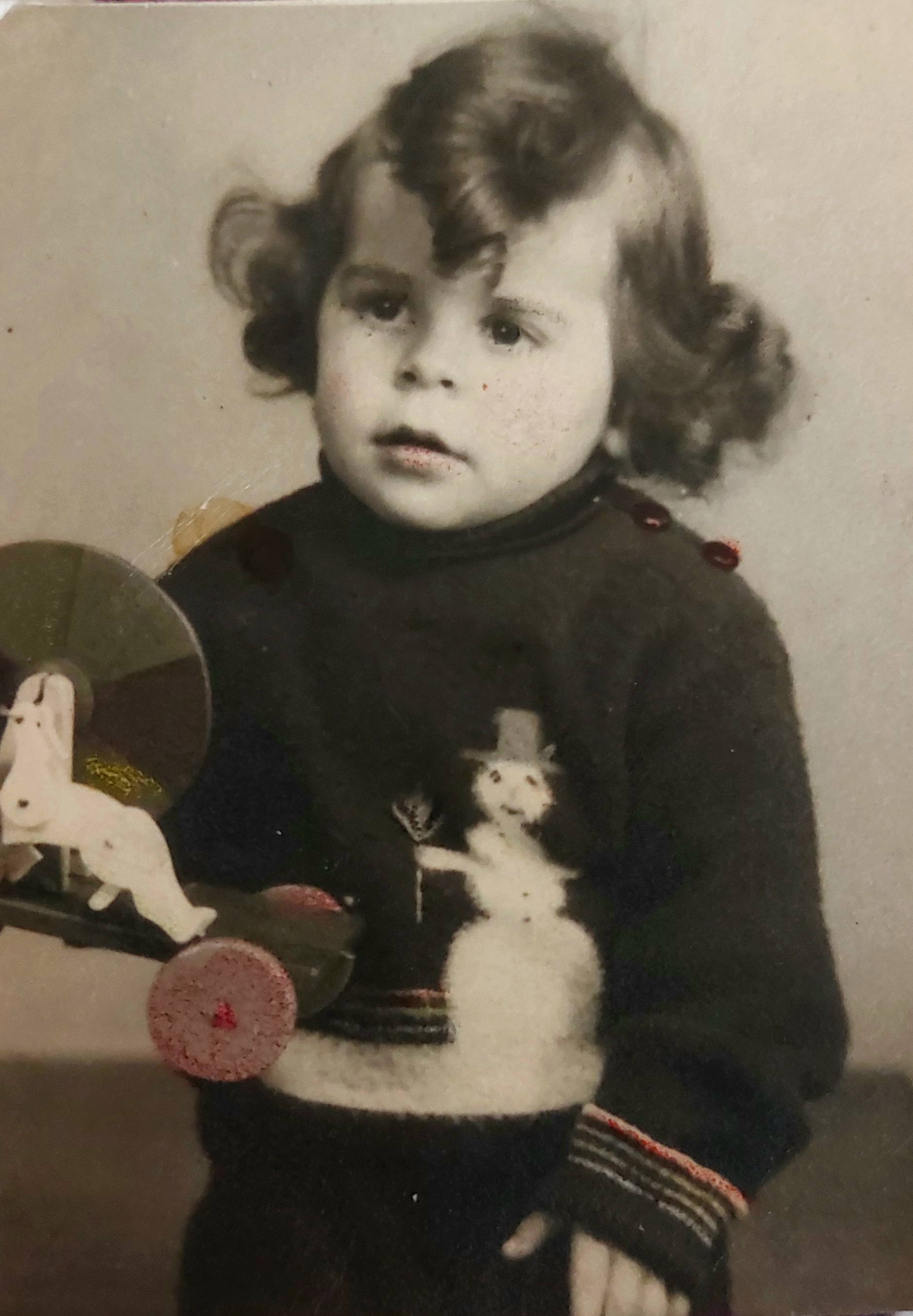
Download image
Libuše Šrámková was born in Brno on 5 July 1934. Until the age of seven, she lived with her single mother Josefa Šrámková, but then she was placed in a children’s shelter. It was heavily Germanised, the governesses were only German, the children did not come into contact with the outside world at all, they went to school in formation and sang German marches. Little Libuše gradually forgot her native language and culture. It was only at the last moment when a bus of fleeing Germans was leaving the orphanage that her mother unexpectedly picked her up. The witness had no documents with her and a doll was all she had. In the post-war days, her mother hid her because she was afraid she would be deported. In the meantime, the witness gradually relearned Czech but Czech schoolchildren shunned her. When she finished primary school, she became a knitter, got married and worked in Třebíč, Jihlava and then again in Brno. She was also a member of a successful handball team. She joined the communist youth organisation, ČSM in the 1950s. She lived in Brno in 2023.
